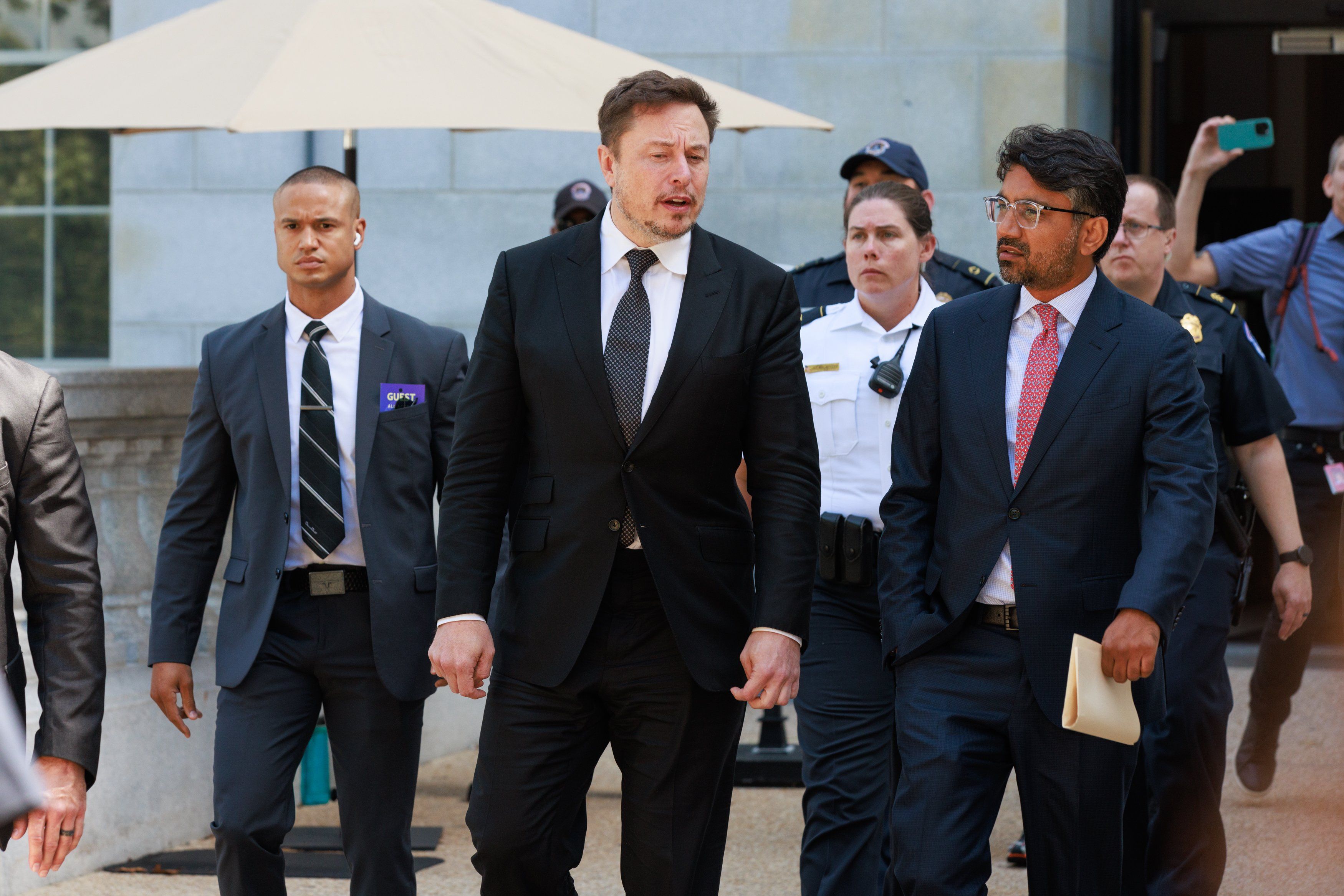The White House has offered a Blueprint for an AI Bill of Rights through the Office of Science and Technology Policy and several states have adopted their own policies, but the consensus is that AI policy is in its infancy.
The Canadian government, for its part, has a Pan-Canadian AI strategy, and parliament is currently considering a bill that would enforce the country’s first regulations on AI.
Legislators in both countries are trying to balance the need for speed with the need to get regulation right – meaning agile enough to change as tech evolves and sensitive to privacy concerns.
This comes as Canada is in a battle with Meta and Alphabet over a new law that requires big tech platforms to pay for Canadian news. In response, Meta has blocked Canadian news sites on its platforms, while Alphabet has threatened to do the same. Both the US Congress and California are working on similar bills.
Even tech giants are concerned about the broader impacts of AI, with Musk recently calling the emerging tech “one of the biggest risks to the future of civilization.” But while the technology continues to develop quickly, legislation is moving much more slowly.
